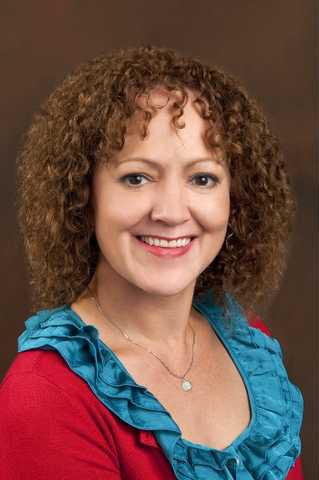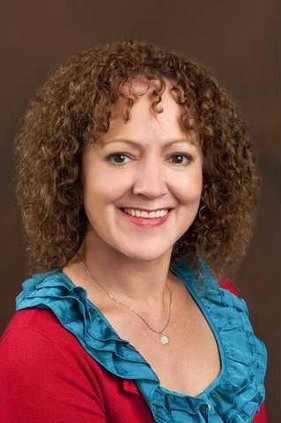Memorial Day weekend, as you’ve heard time and again, is that long weekend marking the unofficial start of the summer: beaches, boats and barbecue fun in the sun. With all the frolicking, many overlook that Monday is, first and foremost, a special day set aside to remember those Americans who have died serving in our armed forces.
Two encounters in the week before the holiday have reinforced how times have changed in the military but, in many ways, they remain the same. They highlight the positive changes brought by technology. And they’re a reminder that even though military service may be voluntary, families still make heart-wrenching sacrifices.
The first was a Facebook post on Monday (May 18) by Elman Ilya, a young friend:
Really exciting news this morning. My Grandma’s (Father’s side) long lost brother who fought in World War II and never came back home has finally been found after being missing since 1942! They did not know if he was captured, missing in action, dead, or I don’t know what. After 73 years of searching all over, he’s been found in a Soldier’s memorial cemetery a couple hundred kilometers outside of Moscow. Sad thing is that he has a son, who is very old now and has been searching his whole life. His son is a little too far gone and cannot comprehend much of what is said to him any longer, but I think he will understand somehow. His kids will be going and holding a memorial for him at his grave site. Overall really good news for our family though. May his soul Rest in Peace, our family has finally found him!
The second was the news Wednesday (May 20) from a friend, that they had just been informed her son-in-law, a Marine in the Reserves, is being re-deployed within the year.
“He’ll be gone for a year, and we’re not sure where yet. Either Afghanistan or Jordan; we’re hoping Jordan,” she confided.
“But at least they’ll have Skype.”
Skype is a largely free telecommunications app, facilitating calls and video chat over smartphones, computers and tablets.
They have three young children, the youngest a little girl of about 9 months. Mom-in-law was excited to hear the videos she loves to take of the children can be shared with their father using Whatsapp, a real-time, free mobile messaging app that allows the exchange of text messages, pictures and videos. She recalled her grandmother talking about waiting months between letters carrying news from abroad during World War II.
Fast forward to today. There’s clearly poetic license in scenes in the acclaimed 2014 movie, “American Sniper,” where U.S. Navy SEAL Chris Kyle is shown chatting on the phone with his wife while “on the job,” aiming his weapon at people who are potential threats to his fellow Marines.
The trauma with which many veterans return home, however, is portrayed accurately. Former Marine Eddie Ray Routh unsuccessfully pleaded insanity for killing Kyle and his friend, Chad Littlefield, at a Texas gun range in 2013. Tragically, they had been trying to help Routh deal with apparent post-traumatic stress disorder.
According to the Department of Veterans Affairs, 22 veterans take their lives every day; another study reported that recent veterans take their lives at a rate 50 percent higher than civilians. It’s why the Warrior Alliance is near and dear to the Foundation.
The brainchild of Ross Mason, Foundation Senior Fellow and the founder of the Healthcare Institute for Neuro-Recovery and Innovation (HINRI) and Scott Johnson, executive director of the Scott Rigsby Foundation, the alliance is partnering with Callaway Gardens, Warm Springs and Camp Twin Lakes to create “a safe environment to decompress from the stress of combat and heal with their families before reentering their communities.”
It’s true that military technological advances have led to fewer than ever troops coming home in coffins and still fewer remaining missing in action. Those who return — some with visible injuries, others with the psychological injuries of post-traumatic stress disorder — have access to better than ever technology and treatments.
The advances of robotics help replace lost limbs. The advances of stem-cell treatments grow closer to healing brain and spinal injuries caused in combat.
Time heals some wounds; treatment helps others. For some military families, news and closure take decades. For others, Skype and Whatsapp bridge the miles.
Sadly, some 83,000 Americans remain missing in action from conflicts since World War II, according to the Defense POW/MIA Accounting Agency, which calls them “missing personnel.” They›re people; 83,000 families — our friends, our relatives, our neighbors, our colleagues — literally lost someone who set out to protect this nation.
Benita Dodd is vice president of the Georgia Public Policy Foundation, an independent think tank that proposes market-oriented approaches to public policy to improve the lives of Georgians.





